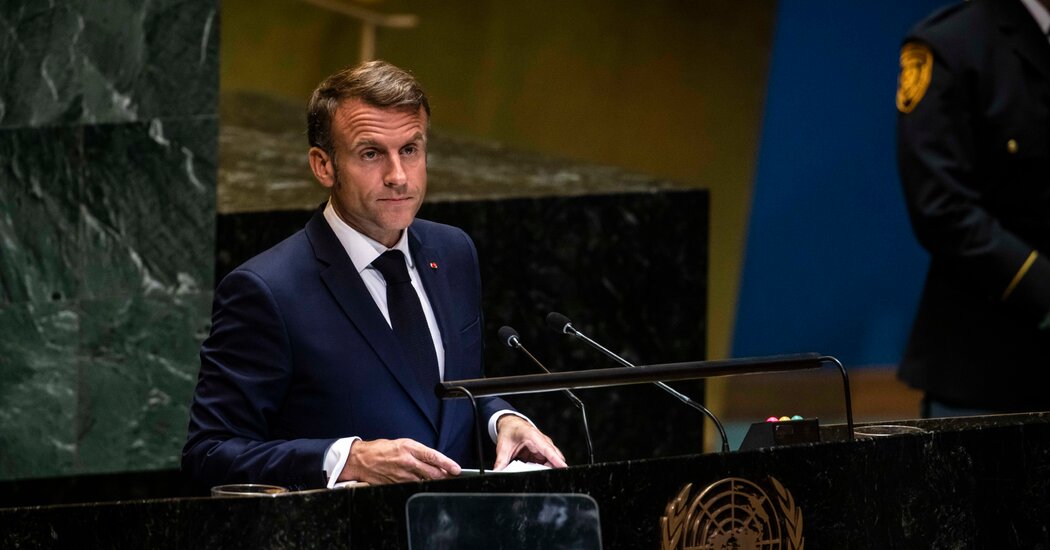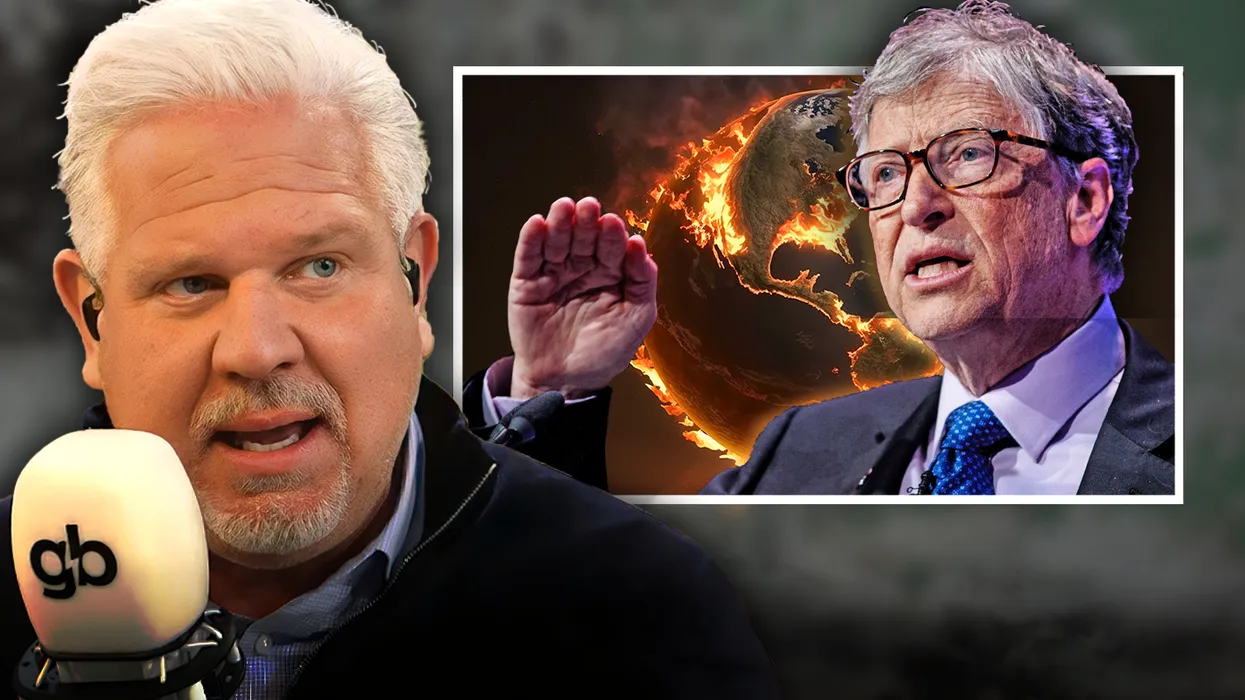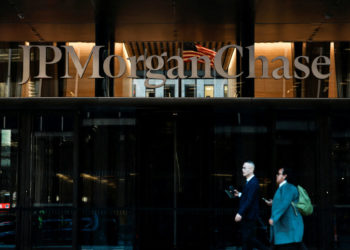President Emmanuel Macron of France said in a letter to Prime Minister Benjamin Netanyahu of Israel on Tuesday that calling for the creation of an independent Palestinian state did not promote antisemitism.
To the contrary, he wrote, it is an “essential” path to security for Israel, as well as for Europe.
“Our determination to ensure that the Palestinian people have a State is rooted in our belief that a lasting peace is essential to the State of Israel’s security,” the French president said in the private letter, a copy of which was obtained by The New York Times.
Mr. Macron, defending himself against accusations that he had not done enough to protect French Jews, also called antisemitic attacks in France “an abomination” and said that he had made the battle against such assaults an “absolute priority” since “day one.”
It was the latest development in the diplomatic dispute that spilled into the open with high-level public accusations and a flurry of published and leaked letters after Mr. Macron’s announcement last month that France would recognize Palestinian statehood at the United Nations General Assembly in New York in September.
Britain followed suit, announcing that it, too, would recognize a Palestinian state if there was no cease-fire agreement in Gaza.
Canada and Australia also said that they would recognize a Palestinian state, under certain conditions.
Afterward, France and Saudi Arabia cosponsored a conference in New York, where more than 60 countries signed a declaration that outlined a framework to end the war in Gaza, recognize Palestinian statehood and seek the full disarming of Hamas.
The reaction from Mr. Netanyahu to Mr. Macron’s announcement on recognizing a Palestinian state was swift. In a letter dated Aug. 17, the Israeli prime minister criticized the French president for what he called the “alarming rise” of antisemitic attacks in France in recent years “and the lack of decisive action by your government to confront it.”
“Your call for a Palestinian state pours fuel on this antisemitic fire,” he wrote. He added, “It emboldens those who menace French Jews and encourages the Jew-hatred now stalking your streets.”
Those arguments were echoed by the American government through its ambassador to France, Charles Kushner. He wrote an open letter to Mr. Macron, published on Sunday in The Wall Street Journal, stating that “public statements haranguing Israel and gestures toward recognition of a Palestinian state embolden extremists, fuel violence and endanger Jewish life in France.”
A spokesman for the State Department said on Tuesday that “we stand by his comments.”
In his letter, Mr. Macron said he had done the “basic courtesy” of informing Mr. Netanyahu in advance that he was releasing the letter — in French and English — “to bring clarity to our debates.”
Mr. Netanyahu’s office declined to comment on Tuesday.
In his letter, Mr. Macron calls himself a “loyal friend” to the Israeli leader. He notes that Israel’s continued war with Hamas was not just causing a “terrible humanitarian disaster in Gaza that nothing can justify” but also stoking antisemitism around the globe.
“The occupation of Gaza, the forced displacement and starvation of Palestinians, the hateful dehumanizing of discourse and the annexation of the West Bank will never achieve the victory of Israel,” he wrote. “On the contrary, these actions will only make your country more isolated, embolden those who use them as a pretext for anti-Semitism and endanger Jewish communities around the world.”
Over 22 months of war in Gaza, Israeli government officials have argued that the military campaign is intended to root out Hamas as a military and governing force in the enclave. But critics say Israel’s offensive has displaced most of Gaza’s two million residents and caused a humanitarian catastrophe.
This week, a global group of food experts relied on by the United Nations said that famine had taken hold in the Gaza City region. Israel’s foreign ministry denied that famine was taking place.
Over 60,000 Palestinians have been killed in Gaza since the war began, health officials there say. Their tally does not distinguish between combatants and civilians.
Talks on a cease-fire between Hamas and Israel have stalled. But an outline of a peace plan emerged during the summit in July in New York. Mr. Macron said in his letter it involved a stabilization mission in Gaza that would help disarm terrorist groups, “starting with Hamas.”
He called the international commitment both “unprecedented” and one born “from our indignation in the face of the terrible humanitarian disaster in Gaza that nothing can justify.”
He wrote to Mr. Netanyahu: “We are offering you a path forward, one which is credible, with commitments from the international community and regional partners, who will support peace.”
He added, “What path can you offer?”
As to the antisemitic attacks in France, Mr. Macron said that his government had dedicated 15,000 police officers to protect Jewish meeting places in the country since the Oct. 7, 2023, attacks led by Hamas, and that his government recently passed a law to fight antisemitism in higher education.
Mr. Macron wrote, “The fight against anti-Semitism must not be weaponized.”
Johnatan Reiss contributed reporting from Tel Aviv.
Catherine Porter is an international reporter for The Times, covering France. She is based in Paris.
The post Macron, in Letter to Netanyahu, Defends Call for Palestinian Statehood appeared first on New York Times.




